All resistance groups would have confronted Israel had war continued: Islamic Jihad
The Palestinian resistance movement Islamic Jihad has said all Islamic resistance groups would have stepped in to fight against the Israeli regime had it continued its latest aggression against the Gaza Strip.
"Had the recent war continued, all resistance groups, including Hamas (the Islamic Jihad's fellow Gaza-headquartered resistance group) and [Lebanon's] Hezbollah, would have sprung into action," the Islamic Jihad's Secretary-General Ziad al-Nakhala said in an interview published on Wednesday.
The Tel Aviv regime launched a campaign of deadly bombings against the Gaza Strip on May 9, killing dozens of Palestinians, including five of the Islamic Jihad's commanders.
The resistance group responded by firing over 1,000 rockets toward Israel.
The conflict marked the worst episode of fighting between Gaza’s resistance factions and the Israeli regime since a 10-day war that was imposed by Tel Aviv on the blockaded coastal territory in 2021.
The two sides agreed to an Egyptian-brokered ceasefire after five days of fighting.
Nakhala identified the Islamic Jihad as the group, which took the biggest part of the responsibility of fighting off the Israeli regime during the warfare, saying the resistance would take revenge for the assassination of its members by taking Tel Aviv under fire.
'Israel forced to agree to ceasefire'
The resistance leader went on by asserting that it was not the resistance, which was pressured into stopping its reprisal during the war.
"It was rather the enemy's calculations, pointing to the [likelihood] of intervention in the war by [other] Palestinian groups and Hezbollah, which prompted Tel Aviv to stop escalating its aggression."
'PA appeasing Israeli regime'
Separately, Nakhala accused the Palestinian Authority (PA), which is based in the Tel Aviv-occupied Palestinian territory of the West Bank, of appeasing the Israeli regime.
"The Authority is entering Palestine into a project, known as [making] peace with the Israeli enemy," he said, denouncing the PA for "misconstruing the Israeli regime's [true] identity."
The PA, however, the Islamic Jihad leader noted, "represents only a small number of the Palestinian people."
Nakhala, meanwhile, urged various Palestinian factions to sew up their rifts toward confronting the Israeli regime in a unified fashion.
He said, although Palestinians have failed to resolve their political differences, unity on the battlefield stands to contribute to Palestinian political unity.
Elsewhere in his remarks, Nakhala pointed to the passing earlier this month of Khader Adnan, a senior Islamic Jihad member, who died in Israeli custody after an 87-day-long hunger strike.
Prior to his demise, Adnan was suffering from severe health problems as a result of the hunger strike, including frequent vomiting of blood, severe weakness, frequent loss of consciousness, difficulty in speaking, movement, sleep, and concentration as well as severe pain all over his body.
He described Adnan's martyrdom as "direct assassination," saying the Israeli regime "murdered him intentionally."
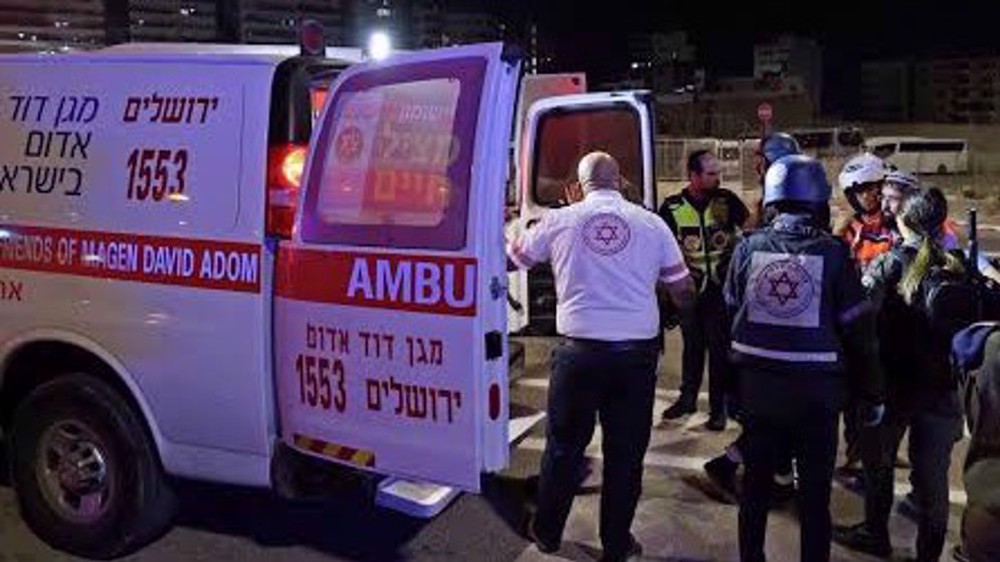
Over dozen settlers injured in anti-Israel operation near Haifa
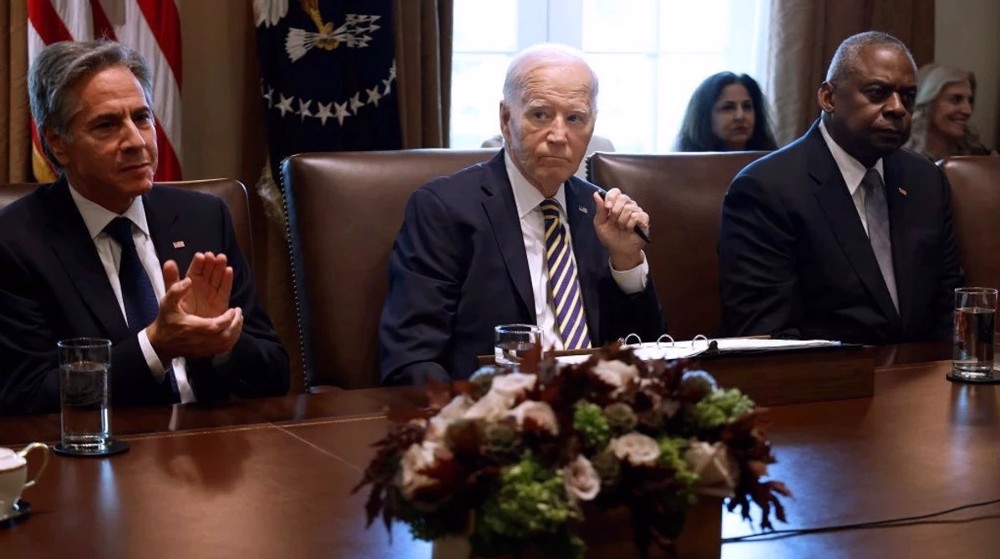
Biden, Blinken, Austin referred to ICC over Gaza war crimes
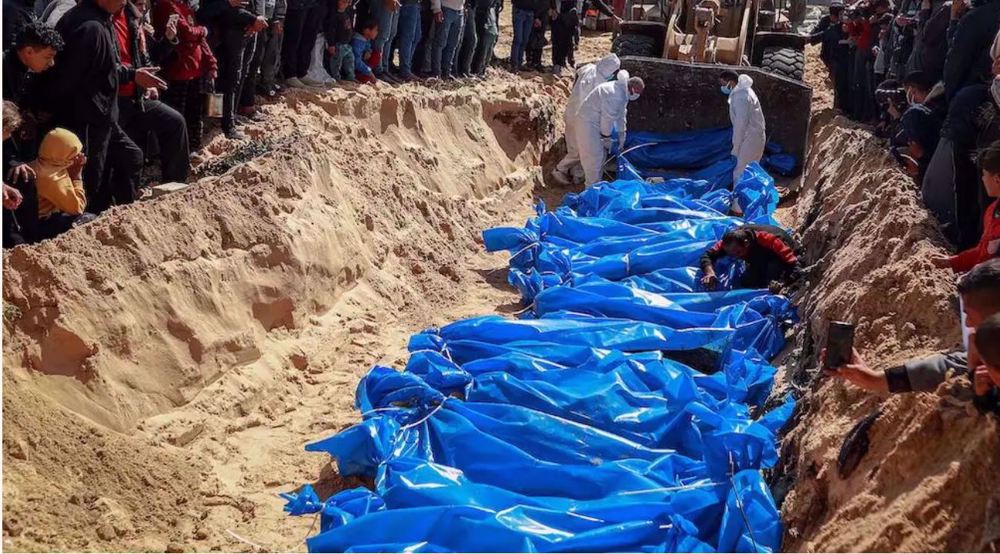
Over 700 bodies recovered in Gaza, most remain unidentified
Over dozen settlers injured in anti-Israel operation near Haifa
Pezeshkian: Iran open to talks but won’t capitulate to bullies
VIDEO | Iran unveils advanced naval arsenal
VIDEO | Reunion of released Palestinians and their families in Khan Yunis
Kurdish leader Ocalan calls on PKK militants to end war with Turkey
Health leader warns Africa's health services at risk of 'collapse'
VIDEO | Press TV's news headlines
Iranian flotilla makes port call in India with 'friendship message'


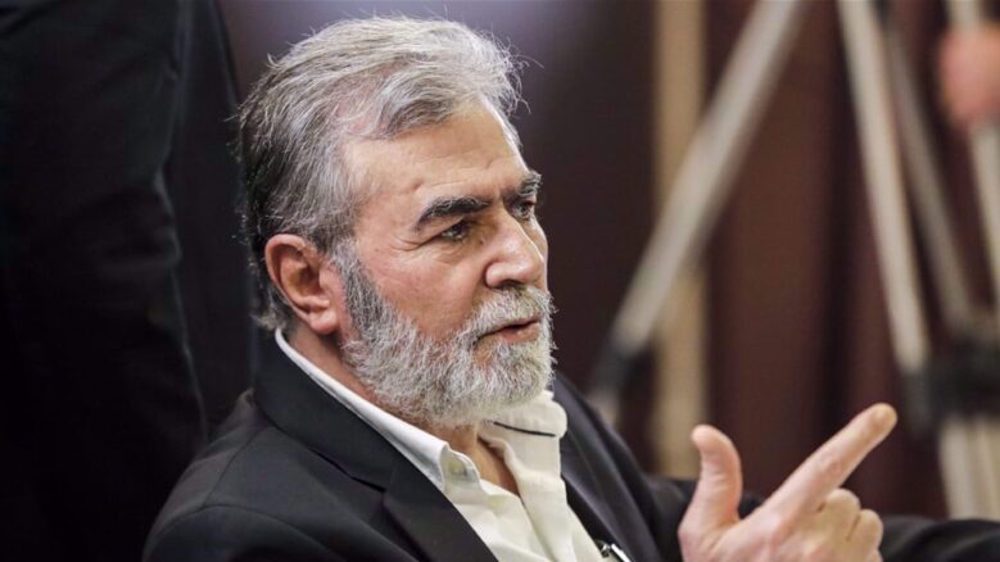
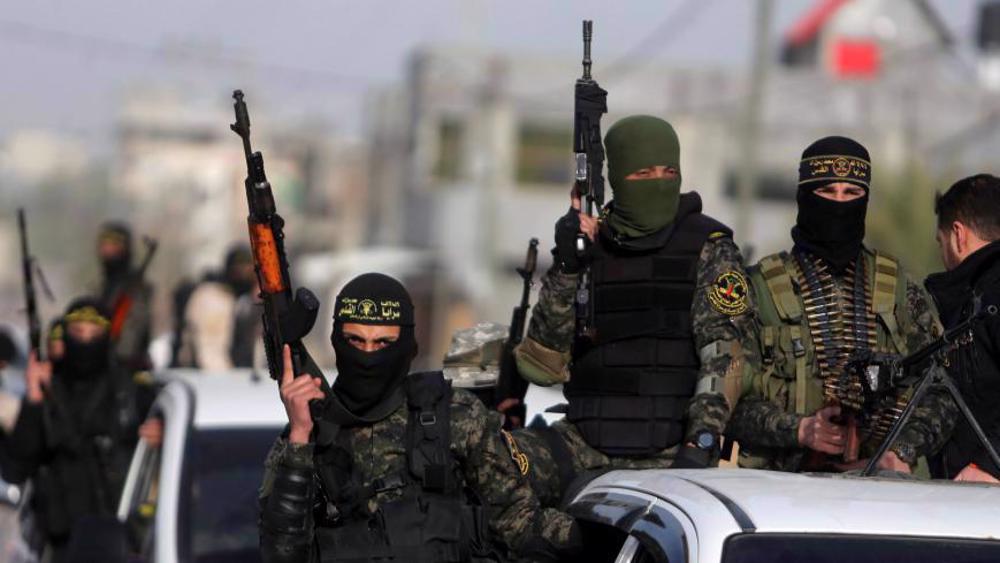
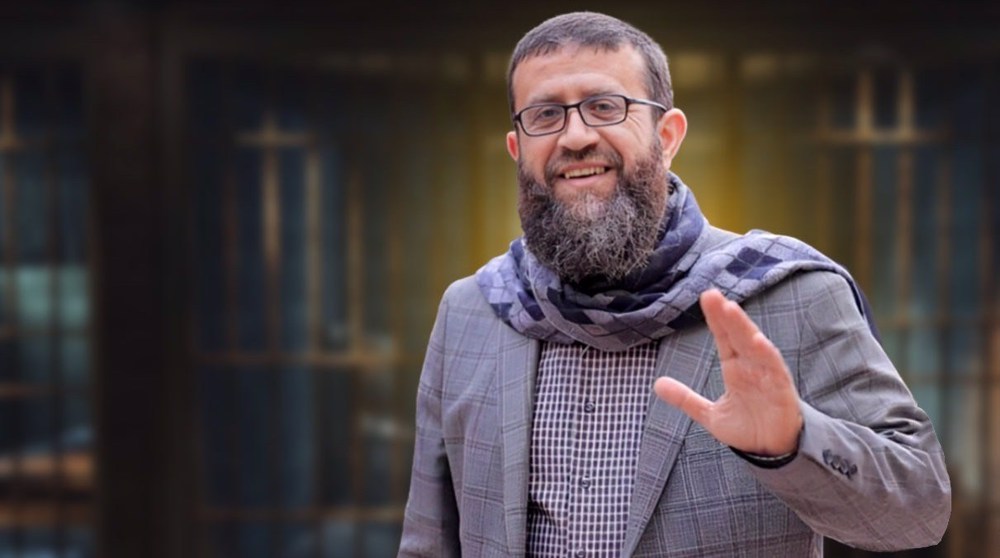



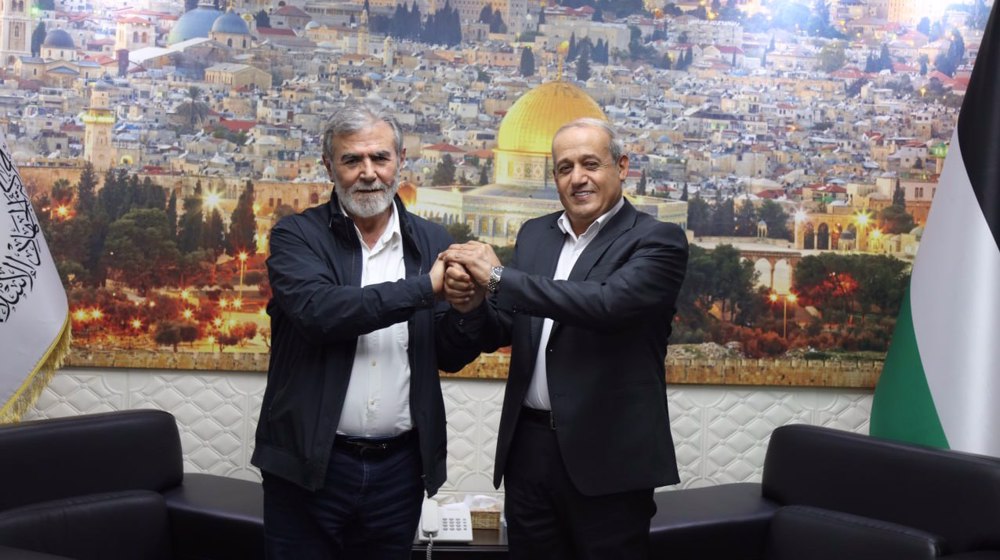
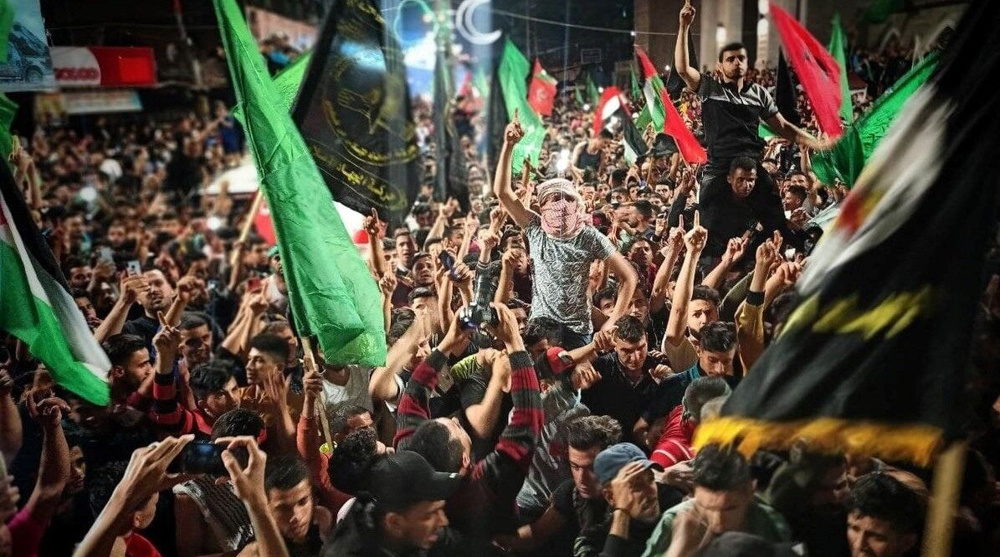
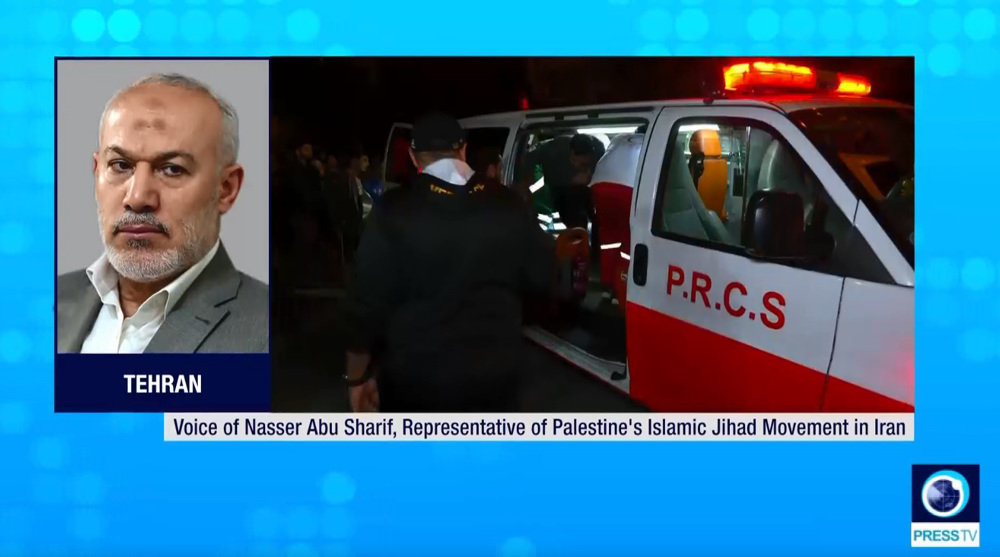

 This makes it easy to access the Press TV website
This makes it easy to access the Press TV website